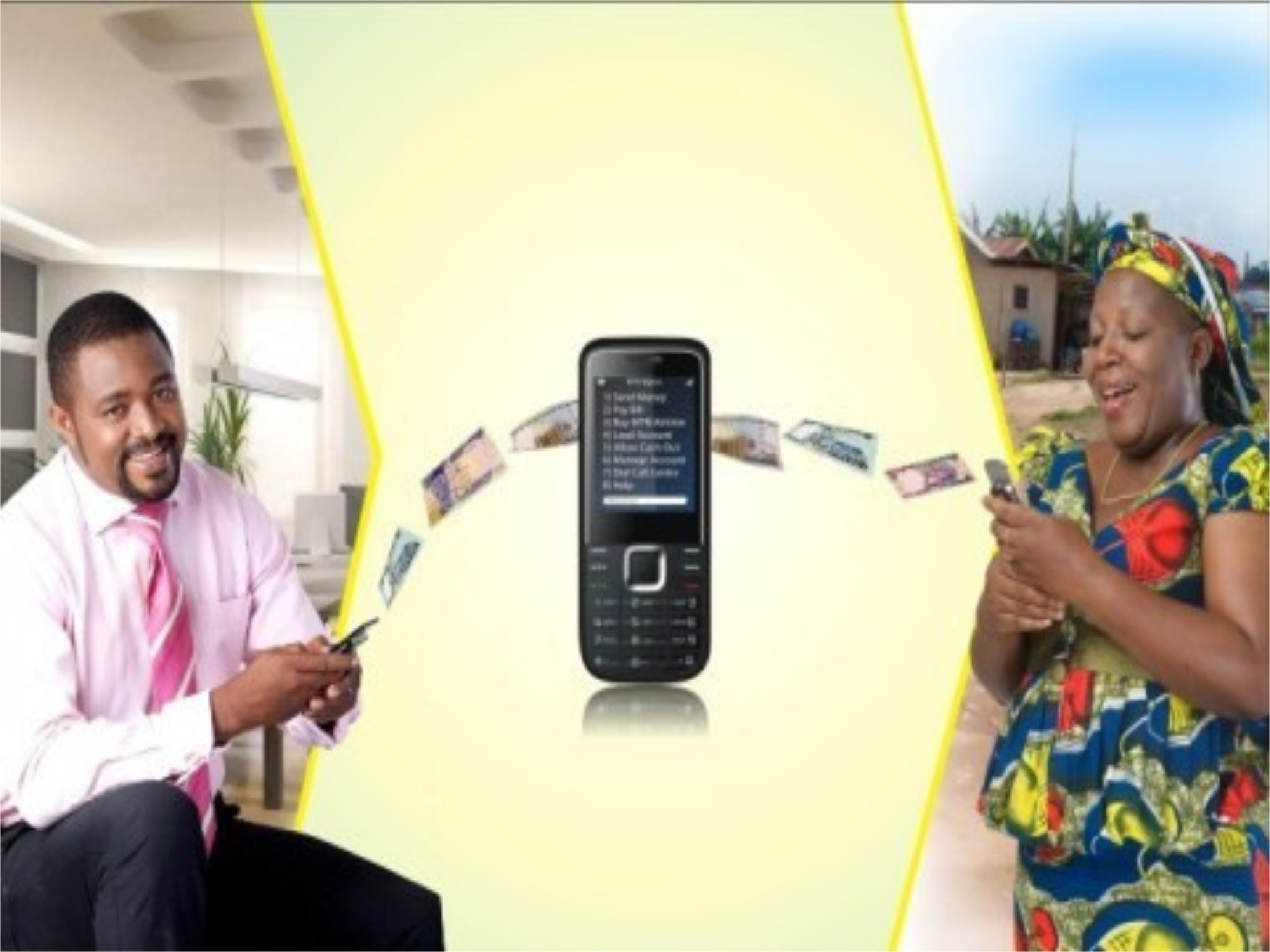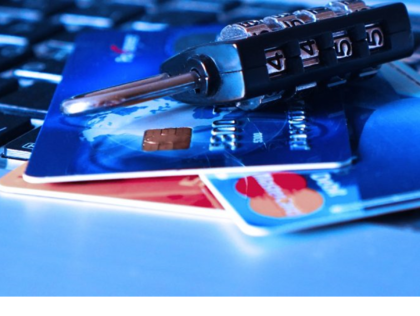INTRODUCTION
USSD stands for Unstructured Supplementary Service Data. This is a technology unique to GSM (Global System for Mobile Communication). It is a capability built into the GSM standard phones to support transmission of information over the signaling channels of the GSM network. The technological design of USSD endears it versatility in that it can handle a variety of applications.
Typically assigned by a telecommunications company, an application built using USSD will have a unique short code comprising a combination of numbers and the ‘*’ and ‘#’ wild characters; for example, *900#. A USSD code may be dedicated or shared (for example, “*800*30#”).
USSD, which is like Short Message Service (SMS), has become a popular way Ghanaians use to transact online business such as Mobile money service transactions. USSD is menu-driven, and therefore, it is more interactive than SMS, in pull or push mode (ability to push a menu to a mobile phone). The responses are automated, and the user only needs to reply and wait.
Also, USSD applications can still work while a user is away from home network (i.e. it allows roaming). Menu update is also easier because it does not reside in the hand set or SIM-card. The service provider needs to update menu from the web server that has the menu.
USSD notifications and menu can dramatically improve the user’s experience, giving you the ability to quickly and cost-effectively send essential and useful alerts to engage in interaction and send important information. Whilst SMS has been used and abused, and often subject to spam and associated regulations, USSD is free from these nuisances.
Enterprise USSD is widely used in mobile banking. Additionally, businesses in Ghana have successfully used it when conducting surveys, for human resource management and many other purposes.
A USSD session is easily started on any mobile phone by dialing a given short code. Alternatively, a USSD menu can be sent to mobile phones from a web interface.
ADVANTAGES AND APPLICATIONS
Owing to its wide adoption, security features and real time communication sessions, all with a response time of 2 seconds, USSD is an excellent choice for businesses that seek a simple but powerful means of consumer interaction, such as quick polling or providing financial information.
Mobile Network Operators (or MNOs) have most notably leveraged USSD to offer value-added services (VAS) to customers. Indeed, USSD code has been ground-breaking and resourceful. It has undoubtedly seen explosive growth in many countries and the same is the case for Ghana, where the availability and affordability of the Internet is an issue. In other words, USSD is very important within emerging economies like Ghana, where the cost to access data services is increasing. Despite the growth of smart-phone penetration and 3G/4G coverage, the cost of data access is a very key factor in deciding how information is consumed.
It is in this respect that USSD comes to the rescue with no limitations. So long as a phone can make a call and send a text, then the technology is good to go. Sometimes, simple and lean win. The USSD service is available across all GSM networks in Ghana that is MTN, AirtelTigo, Vodafone, Glo and on any type of handset or device, whether it is iphone, android, blackberry and even simple feature phone famously referred to in Ghanaian lingo as ‘Yam phone’. It requires no internet service connection and can be used in remote locations across Ghana.
Furthermore, the continued reliability on USSD will afford mobile service providers and financial institutions more opportunities to satisfy new market segments, add more value to customer, as well as meet underserved customer needs.
In Ghana, mobile banking actually started with mobile apps, as many banks attempted to join the app revolution started by Silicon Valley and started rolling out products on Blackberry, Android and iOS devices. However, the adoption rate was low, since the percentage of smart-phone users in the country was still puny, compared to the gargantuan size of the market.
The banks invested a lot of money in these apps, but the results were not spectacular, with some smart-phone users staying away due to security reasons.
Then, USSD came into the picture. It was an instant hit, as it was as easy as sending a text, which most mobile users were familiar with. From early 2015, virtually all major commercial banks in the country started rolling out USSD banking services, providing customers with specific short codes to transfer funds, buy airtime, pay for services, check account balances and perform other banking transactions, both large and small. Thus, many began to see the service as the future of banking in the country.
Part 2 of this article will discuss new types of services using USSD and how to secure USSD payments.
Author: Ebenezer Owusu – (Member: Institute of ICT Professionals, Ghana)
For comments, contact author eben.owusugh@gmail.com Mobile: +233266000751





